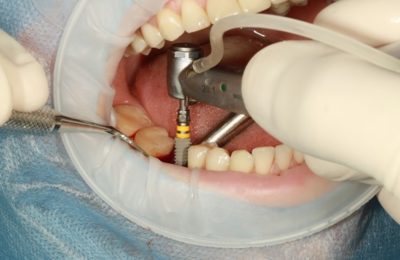It is very difficult to deal with financial problems. Especially if you are retired, or are about to retire. You may be concerned when your creditors start calling you constantly, demanding to be paid. They may even threaten you with repossessing your car or even foreclosing your home.
However, there is a way out. You can file for chapter 7 bankruptcy. If you want to learn a bit more about this type of bankruptcy, read this short article http://www.thebklawyers.com/san-diego-chapter-7-bankruptcy-lawyers/ . The rest of this text will explain how the bankruptcy will affect your retirement.
What is Chapter 7 Bankruptcy?
This is the simplest and the most common type of bankruptcy in the USA. It is also called liquidation bankruptcy. Basically, all of your assets are given to a court-appointed trustee who then sells those assets off in order to pay your debts. However, not all of your assets are seized, which is why it is an opportunity for a new start.
Can I Protect My 401(k)?
All pension plans, including the most common one, the 401(k) are generally protected during the chapter 7 bankruptcy. They are designated as ‘exempt property’. This property is left to you after your trustee took control of the rest of your property.
Although your retirement accounts are safe from creditors, if you start receiving payments from these accounts, it is possible for creditors to take some of it. Whether they will and how much depends on the amount of money you receive and the amount of money your trustee believes you need to support yourself and any dependents.
Can I Protect My IRA?
Individual retirement accounts are a slightly different matter, however. Unlike 401(k)’s and other similar plans, IRAs are only protected from creditors up to a certain amount. In fact, there is no federal rule on how to deal with IRAs. States have solved this issue on individual bases and their solutions vary greatly.
For instance, in California, only the part which is necessary for you to support yourself and your dependents is protected. Everything else is available to your creditors. However, the interpretation of the term is different for each individual case.
Can I Protect My Social Security Income?
Your social security income is protected, just like your 401(k) is, but just like the 401(k), when the money reaches your account, it is potentially available to your creditors. This problem has been somewhat solved with a 2011 ruling that banks and other creditors need to know if the money on your account comes from social security or some other type of federal aid. If it is, they must leave two months’ worth of assets on your account before they can seize the rest.
Can I Write Off My Medical Expenses?
Some of your debts can be written off or discharged, including medical expenses. Among the dischargeable debts are also credit card debts, personal loans, and utility bills. Some court and attorney fees can also be written off, but that depends on a number of factors.
On the other hand, there are some debts which cannot be discharged. Primarily, those are car payments, taxes, and mortgages. You will have to return those debts eventually. Similarly, child support and student loans cannot be written off, but they can be reprogrammed.
Is This My Best Option?
Bankruptcy is a serious issue and should not be considered lightly. However, if you have no other option, consult a bankruptcy attorney and ask them what your best course of action is.
In some cases, seniors are considered judgement-proof. What it means is that there is nothing the creditors can take from you. In this case, you do not need to file for bankruptcy.
To contact The Bankruptcy Lawyers Chang & Diamond, APC
9089 Clairemont Mesa Blvd, Suite 110, San Diego CA 92123
619-312-4900













